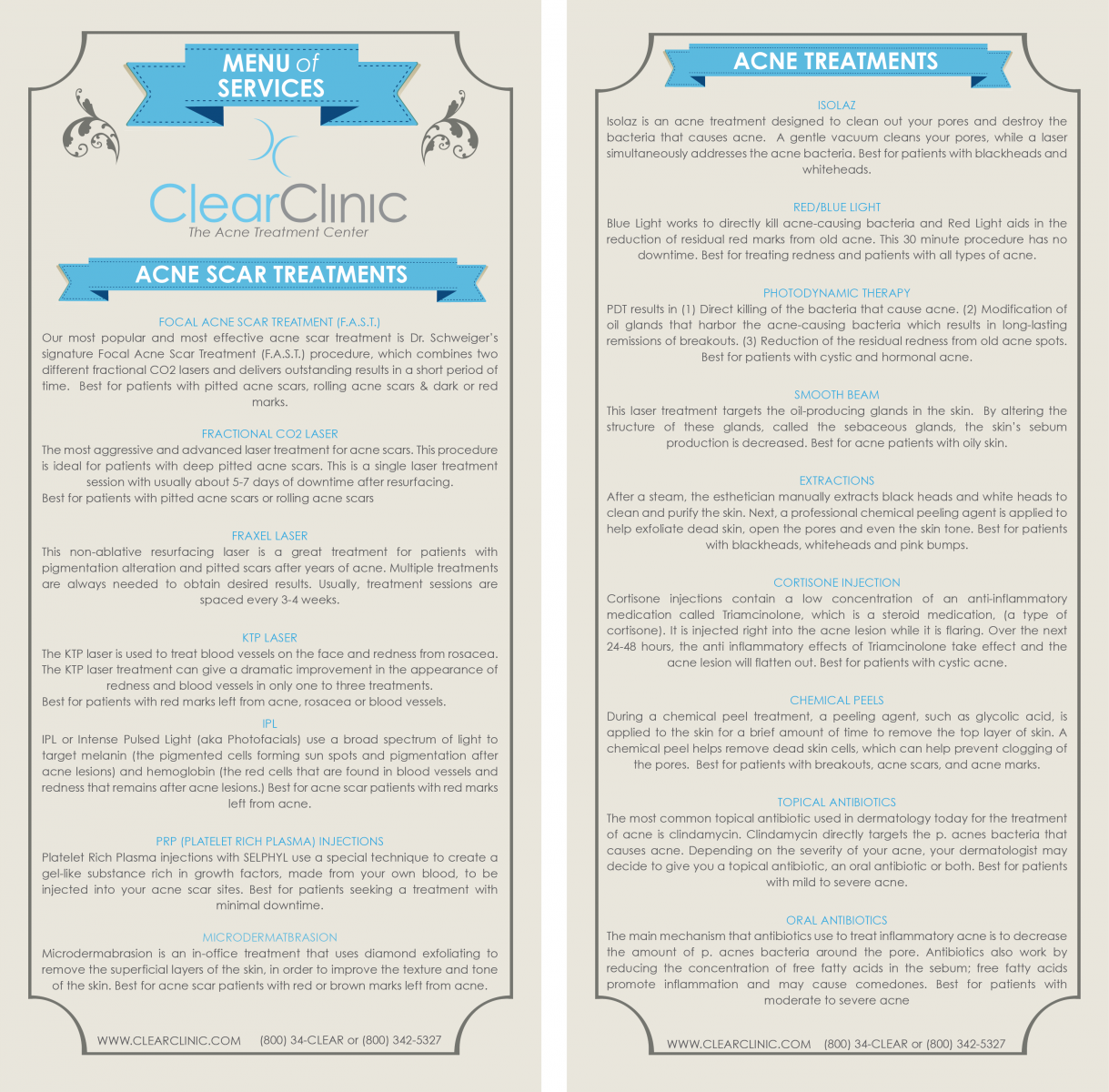Photodynamic Therapy vs Accutane for Acne Treatment
 According to research conducted by the American Academy of Dermatology, the “impressive, long-term results” of photodynamic therapy (PDT) for moderate to severe acne rival those of isotretinoin (aka Accutane). An effective alternative to isotretinoin is a much welcome thing. While the benefits of isotretinoin for those patients who suffer from severe nodular acne far outweigh the negatives, the iPledge program as well as some of the possible side effects and risks of isotretinoin may steer some patients away from its use. Isotretinoin is not an option for women who wish to become pregnant immediately, as it is a known teratogen (something that causes fetal birth defects).
According to research conducted by the American Academy of Dermatology, the “impressive, long-term results” of photodynamic therapy (PDT) for moderate to severe acne rival those of isotretinoin (aka Accutane). An effective alternative to isotretinoin is a much welcome thing. While the benefits of isotretinoin for those patients who suffer from severe nodular acne far outweigh the negatives, the iPledge program as well as some of the possible side effects and risks of isotretinoin may steer some patients away from its use. Isotretinoin is not an option for women who wish to become pregnant immediately, as it is a known teratogen (something that causes fetal birth defects).
Photodynamic therapy (PDT), a non-invasive light therapy, works by reducing the oil found in the pores as well as killing the P. acnes bacteria. It also helps the skin shed the dead skin cells inside the hair follicle that lead to pore blockage and is a cause of acne breakouts. PDT is a very exciting treatment for the relief of acne. It helps treat acne in patients that have not had success with other topical acne treatments. After a series of treatments, patients show a significant improvement in their acne breakouts and skin texture, plus a reduction of acne scars. We recommend a microdermabrasion session before receiving PDT to remove the dead skin cells on the skin’s surface and allow the best penetration of the photosensitizing agent ALA.

